Underrepresentation of minorities on jury’s is a longstanding issue that has undermined the fairness of our jury trial system and the right to a jury of one’s peers. The generic traditional thinking is that minorities will generally be more sympathetic to defendants in criminal cases and thus prosecutors seek to exclude minority jurors from the final panel.
If you want to learn about a particularly egregious example, check out one of my favorite Podcast, In the Dark by American Public Media, whose second season reported extensively on the case of Curtis Flowers, a black man in Missouri who has been tried six times for the same 1996 murder, convicted four times, and—in each case in which he was convicted in—had his conviction reversed because the prosecutor (the same prosecutor in each case) improperly excluded black jurors violating the United Supreme Court’s 1986 decision in Batson v. Kentucky, which held that lawyers may not use their peremptory challenges to jurors (challenges for which the lawyer does not have to give a reason) if the basis for the challenge is racially motivated.
Batson held that when a peremptory challenge is objected to under Batson, if the party offering the objection makes a prima facie case that the challenge was race based, the party who challenged the juror must provide a race neutral basis for the challenge. In practice, this is relatively easy to do, as peremptory challenges can be made on essentially any basis that is not race based, a prosecutor defending a challenge can simply point to something the juror said that they did not like. Batson challenges are generally only successful if you can show a real pattern of conduct. This is particularly difficult to do in Orange County, where typical jury panels are already thin on minorities.
The reason I am writing about this subject today is in light of the recent resurgence in civil rights activism. Recently in North Carolina and here in California, prosecutors exercised peremptory challenges against jurors based on their support of Black Lives Matter. In each case the challenges were objected to on Batson grounds and in each case the trial judge upheld the prosecution’s challenge. Both cases are currently on appeal.
Courts around the country have split on the question of whether excluding a juror on the basis of their support for Black Lives Matter violates Batson. The defendant’s conviction was upheld in Minnesota in 2016 after a court found there were no racial overtones to the question, “Have you participated in any of the Black Lives Matter kind of marches and stuff like that here?” However, in Nevada, the Supreme Court in 2018 chastised prosecutors for the racist implications of questioning potential jurors about Black Lives Matter and ordered a new trial.
I would submit that if removing a black juror for supporting Black Lives Matter is held not to bea race based reason, Batson is completely meaningless. It may be already. It is far too easy for a prosecutor to come up with some non-race based reason to excuse their challenges to minority jurors, for example, prosecutors can simply say they did not like the juror’s body language (something not captured in the court’s transcript that an appellate court would review).
The California Legislature appears to be finally giving the issue the attention it deserves, where legislation is currently being proposed that would require a lawyer to provide the basis for their challenge any time the opposing party requested that they do so, rather than only in cases where they have made a prima facie showing of racial bias.

Client Centered Approach

Reputation by Excellence

Experience

Innovative & Determined

You're Not Just Another Client

AVAILABLE FOR YOU NOW
"*" indicates required fields